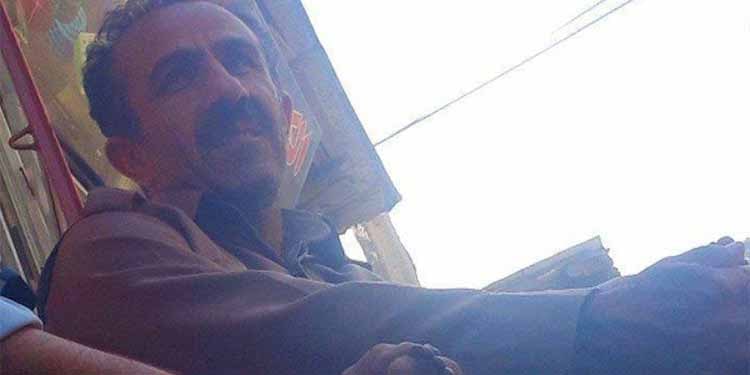Iran’s security forces have shot and killed an Iranian Kurdish man in a mountainous border region where he was working as a porter.
The Kurdish porter, 40-year-old Fahim Rostamzadeh was shot and killed today by border police near Sarvabad, western Iran.
This is the fourth border porter killed by border police or security forces in June.
The Iranian regime’s security forces and the IRGC have a history of shooting and killing innocent civilians.
There are almost daily reports of the state security forces and border guards opening fire on Kurd border porters in western Iran and civilians carrying fuel in southeastern Iran.
On June 20, border police opened fire on a group of border porters and killed one of them identified as 27-year-old Sadoun Ahmadi.
On June 2, security forces killed 63-year-old Hossein Faraji in Baneh, western Iran. An informed source said security forces opened fire on Hossein’s car, suspecting him of carrying smuggled goods.
Iran’s porters (kolbars)
Porters (Kolbars) are poor people who transfer goods such as fuel, cigarettes, electric equipment, clothing, tires, etc. with great difficulty and at a high risk to their lives to earn a living for their families. They sometimes have to transfer 100 to 150 kilograms on their backs in the mountains and valleys, in hot summer or cold winter.
More than 68,000 porters are working in Iran’s border provinces, of which 16,000 to 18,000 are in Piranshahr and Sardasht, official statistics indicate.
Unofficial sources however estimate the actual number of porters to be around 350 to 500 thousand in border provinces.
Due to the lack of economic development, increasing poverty and unemployment in predominantly Kurdish region of western Iran, much of the local economy relies on such trade.
The State Security forces target the porters without any prior warnings under the pretext of “fighting trafficking of goods,” a practice which is in contravention of the law.
This is while no report has been published so far that these people are armed.
If not killed by security forces, kolbars die from avalanches, falling off mountains, hyperthermia, and hypothermia.











